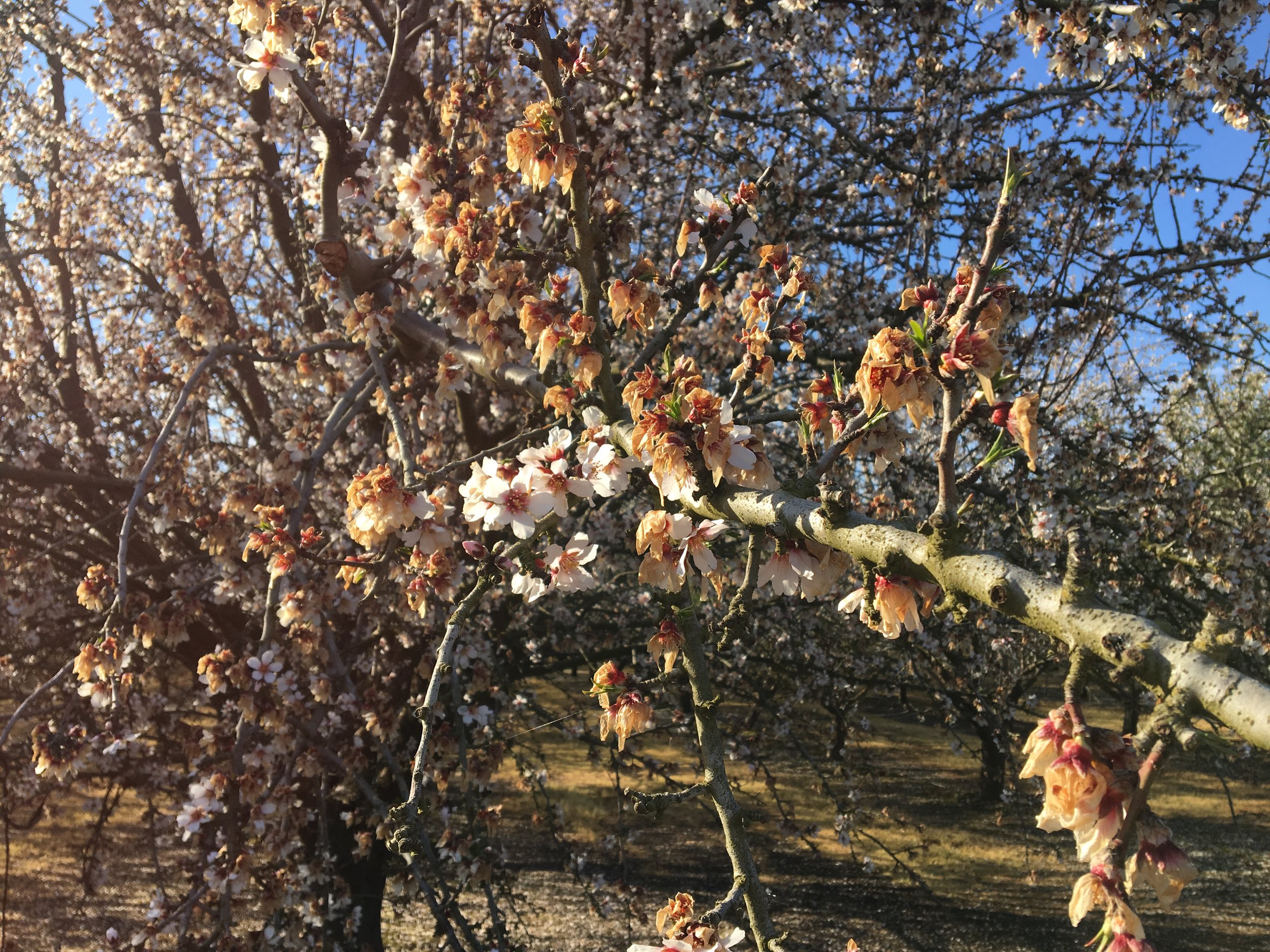The European Union should do more to help farmers manage the growing risks posed by climate change by expanding insurance coverage, according to a new report.
The EU agriculture sector could see annual losses jump by as much as two-thirds by 2050 due to the increasing risk of drought and floods, according to a joint report from the European Investment Bank (EIB) and the European Commission.
Extreme weather means the sector already faces average annual losses of €28bn across the 27 countries of the EU, or around 6% of crop and livestock production, the study found.
Only 20% to 30% of climate-induced farm losses in the EU are insured through public, private or mutual systems, including those supported by European agricultural subsidies.
“Climate change and its consequences could restrict farmers’ access to finance, as banks could become even more reluctant to take risks than they are today,” said Christophe Hansen, European Commissioner for agriculture and food.
Hansen urged EU member countries to launch new financial instruments to support farmers and to work to prevent climate risks in agriculture. The study says insurance coverage backed by public funding is often more effective than government compensation programmes.
Jérôme Crugnola-Humbert, an independent advisor who chairs the sustainability and climate-related risk committee for the Actuarial Association of Europe, noted that insurance generally goes to farmers who benefit from government subsidies, which have often been linked to intensive forms of agriculture in the past, in turn contributing to further nature loss and climate change.
“A central question (which is only peripheral in the report) is not just how much insurance is provided, but which type of agriculture benefits from this financial safety net, in order to avoid feeding the vicious circle,” said Crugnola-Humbert.
The report recommends the EU pursue measures to help farmers cope with climate shocks including catastrophe bonds and public-private reinsurance arrangements and provide rapid-response funding in times of disaster.
Crugnola-Humbert, who is also a former sustainable finance policy expert for the European Insurance and Occupational Pensions Authority (EIOPA), said it could take time to develop catastrophe bonds for agriculture at scale as there are limits on how much risk can be transferred with such complex capital markets instruments.
He said parametric insurance, where compensation is based on meteorological observations rather than on-the-ground damage inspection, might hold more promise and could be incorporated into traditional insurance, reinsurance, or catastrophe bonds. He noted that this approach has been used to extend agricultural insurance in developing countries, including in Africa.
Crugnola-Humbert said there was a need for an EU-level solution, but noted it will need to fit in with existing national schemes. Meanwhile, EU limits on public subsidies and anti-trust rules could create obstacles to setting up new public-private partnerships, which he sees as key to provide affordable climate insurance to farmers.
The EIB already provides loans and guarantees to agricultural businesses and financing of rural infrastructure such as irrigation and roads. It also offers advice on how EU farm grants can be used to attract funding from other sources to limit risks.
“Climate-related risks are an increasing source of uncertainty for food production. Mitigating these risks through insurance and de-risking mechanisms is essential to support the investments of European farmers,” said EIB Vice-President Gelsomina Vigliotti.
Source - Green Central Banking













